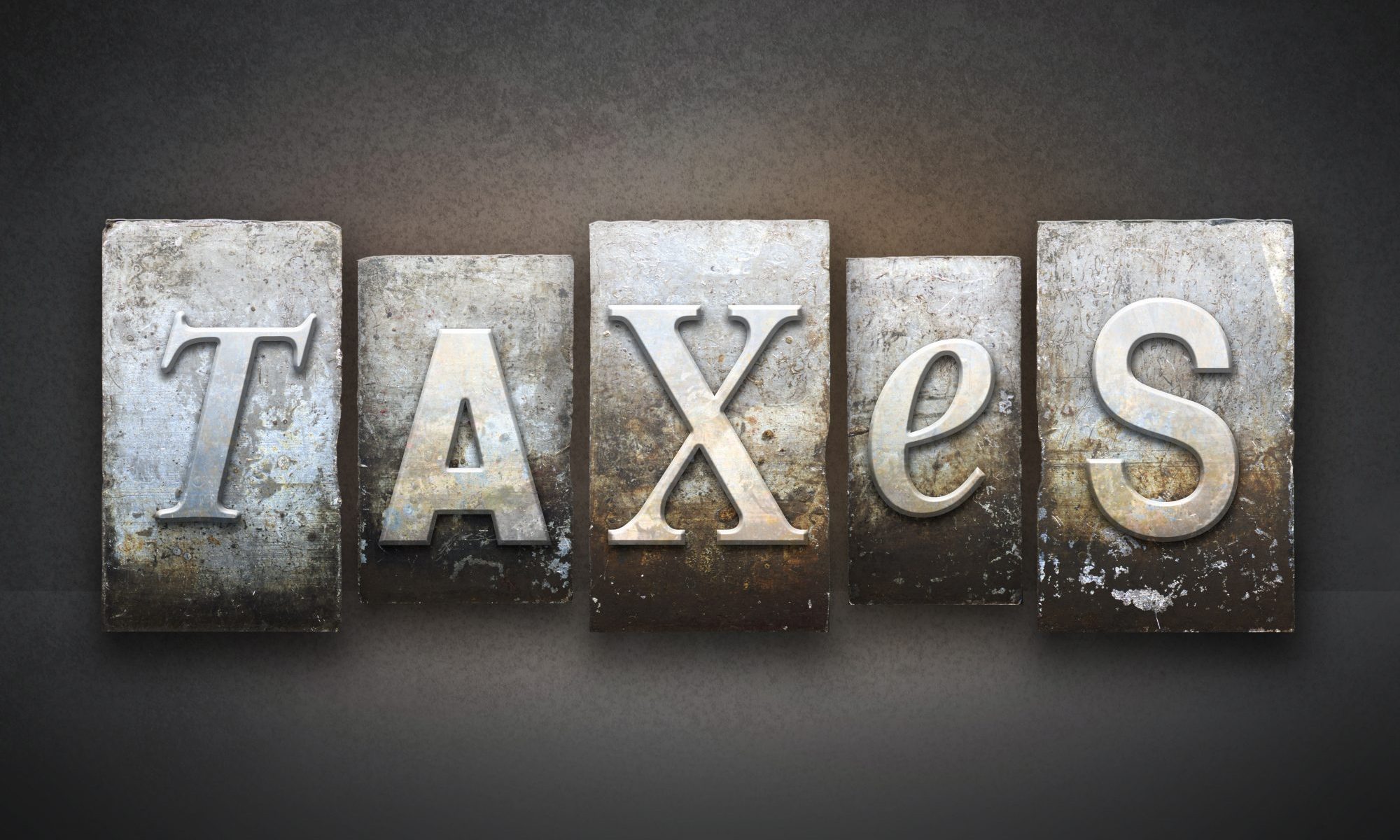Consider the fact that from the moment you open your eyes in the morning until you close them again at night, you are being taxed.
The electricity that powers the light that you turn on as soon as you awaken and the water you use to shower and brush your teeth are taxed.
The over-the-counter medications that you take in the morning for headaches, allergies, or other conditions are taxed.
The car you drive to work and the gas and fluids that make it run are taxed.
The coffee you drink and the doughnut you eat for breakfast are taxed.
The salary you earn at work, the lunch you eat, and the landline that you use to talk to clients or customers are taxed, taxed, and taxed.
The Internet service that you use to send and receive emails is taxed.
The groceries you purchase on your way home are taxed.
The smartphone that sends your texts to friends and family is taxed, and the apps and games you download to it are taxed, as well.
The cable or satellite television that you watch before going to bed is taxed.
In addition to the levies that I named above, there are dozens of additional taxes that you pay each day.
My point is a simple one. Alabamians are taxed enough already.
That is why I have dedicated my term in the Alabama House toward fighting the tax raisers, combating new levies, and killing tax bills that were introduced.
Working alongside a group of deeply conservative freshman and sophomore House members, I helped block roughly $1 billion in taxes over the past four years.
When Robert Bentley proposed $700 million in new taxes in 2015, I was among the first legislators to oppose his plan and highlight his broken re-election campaign promise of “no new taxes.”
Alabama currently collects enough revenue to meet our needs and provide essential services, but our state government lacks the flexibility to shift money to meet emergencies and unexpected challenges.
In years past, whenever a new tax was approved, its proceeds were earmarked for one specific purpose or another. Some of these earmarks are constitutional, which means the voters, in their wisdom, dedicated the taxes to an agency, initiative, or spotlighted need during referendum elections.
Many of Alabama’s statutory earmarks, however, were put in place many years ago through back room bargains between lobbyists and long-retired politicians who no longer roam the State House halls. Removing these earmarks will allow us to avoid new taxes and set priorities based on need, not on decades-old, money-hoarding schemes that lobbyists locked into our budgets.
At 91 percent, we have the highest percentage of earmarked tax dollars in the nation. The national average is just 24 percent, and the next highest state behind Alabama is Michigan with 63 percent. Rhode Island is the lowest in the United States with only 4 percent of its tax revenues being earmarked.
Attempting to raise taxes without first addressing earmarking is like pouring water into a bucket that has a large hole in the bottom of it. No matter how much water you pour, the bucket is never going to fill up. That is why I sponsored legislation that attempted to plug the hole in the bottom of the bucket first and prevent any more trips to the taxpayers’ well.
My bill would have removed the statutory earmarks that exist in our code, which would allow us the freedom to budget like families gathered at the kitchen table – placing our bills on one side, our income on the other, and setting priorities that meet critical needs while living within our means.
Unfortunately, the same special interests that carved out those earmarks and the career politicians that do their bidding united against my legislation. If elected, I plan to use the bully pulpit of the lieutenant governor’s office to make another push for commonsense, conservative unearmarking legislation
By right-sizing state government, attacking waste where it exists, and removing the handcuffs that earmarks present, Alabama can resolve its fiscal problems without forcing its citizens to pay more taxes.
State Rep. Will Ainsworth (R – Guntersville) is a Republican candidate for lieutenant governor. Elected to the Legislature in 2014, Ainsworth currently represents Alabama’s House District 27, which includes portions of Marshall, DeKalb, and Blount counties.






















































